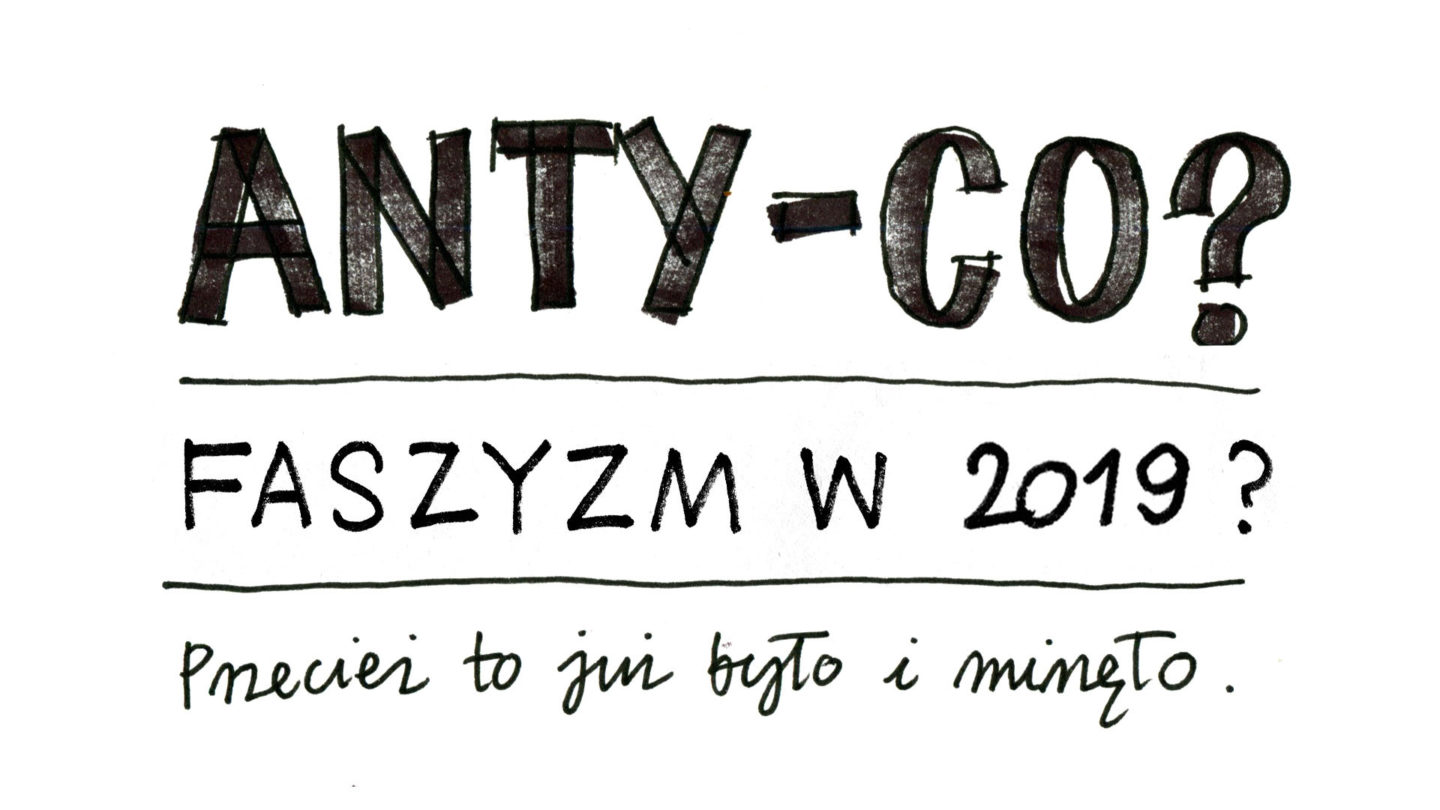What is Fascism?
“Are you a communist?”
“No I am an anti-fascist”
“For a long time?”
“Since I have understood fascism.”
Ernest Hemingway
We have made the Reich by propaganda.
Josef Goebbels
There is no consensus among researchers about what fascism is. Historical fascism is a hybrid of discourses rather than ideology. It can be racist or body-oriented, clerical or atheistic, neo-feudal or futuristic, free-market or statist, industrial or agrarian. It is always hierarchical, anti-feminist, exclusionary, stigmatizing, anti-intellectual and prone to war. This does not mean that every hierarchy, stigma, or war is fascism. Then there would be too many fascists, or too much of a fascist would be in each and every one of us. There is still some surplus in fascism. Hard to grasp, though tangible. It is expressed by fascist propaganda. Shameless, bullish and vulgar, changing the stereotype into a murder weapon, making the victim the perpetrator, never silent, speaking on behalf of everyone and nobody, both familiar and unrealistic, seducing with love for power and sneezing hatred towards the enemy. If mankind faces the alternative between life and death, between creation and destructive violence, between reality and illusion, between impartiality and discrimination, between equality and subordination, freedom and enslavement, then fascism ultimately resolves that alternative.
Fascism is not a doctrine that has come into politics from philosophical treaties. If we feel obliged today to speak about fascism, it is not because of a moral aversion to an idea, but because fascism is a historical reality. The Second World War, unleashed 80 years ago was – a trivial truth that must be constantly reminded of – the most cruel, fraught with death and destruction war that humanity has waged to date. It took lives of at least 80 million people, and tens of millions more were slave-trapped, expelled or humiliated. Grounds for these crimes were prepared by means of military, nationalist and racist propaganda, unprecedented in form, content and momentum. This propaganda brought the fascists to power in a democracy, and then constituted the warp of their dictatorship. The victory over fascism has become a historically trivial fact, so much that its value is increasingly easy to undermine. Victory in a just war does not make angels of the winners and neither Winston Churchill nor Franklin Delano Roosevelt, let alone Joseph Stalin could hardly be called angels. It was, however, the anti-fascist Great Coalition that extinguished the ovens in Auschwitz, and even if they did not fully open the door to a better world, they at least left it ajar. There was no other force in the world capable of doing so.
This victory had not come from a historical necessity. Europeans in particular should remember that in the summer of 1940 fascism triumphed on the Old Continent unquestionably: first winning the elections, then the civil war, finally making successful conquers and finding numerous supporters almost everywhere. This is why we must not treat fascism as a bloody episode of long bygone days, but rather as a measure of what separates us from radical barbarism, social evil without euphemisms and inhibitions, from reversing or destroying the sense of progress, and finally from a mass crime committed with the consent of the majority.
Written by: Dr Michał Kozłowski
